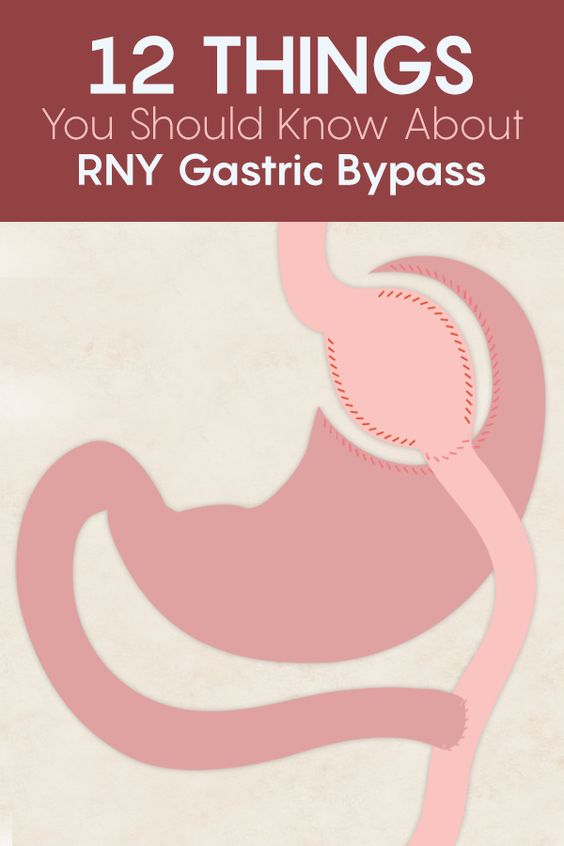Gastric bypass surgery is one of the most common and effective bariatric surgeries designed to help individuals struggling with severe obesity lose weight. This surgical procedure alters the digestive system to limit food intake and nutrient absorption, promoting weight loss and potentially improving or resolving obesity-related conditions. Here's everything you need to know about gastric bypass surgery.
What is Gastric Bypass Surgery?
Gastric bypass surgery, also known as Roux-en-Y gastric bypass, involves creating a small stomach pouch and rerouting a portion of the small intestine. This changes the way food travels through the digestive system, leading to a reduction in the amount of food you can eat and absorb at one time.
The surgery is usually performed laparoscopically, which means the surgeon uses small incisions and specialized instruments to perform the procedure. In some cases, traditional open surgery may be necessary.
How Gastric Bypass Works
Stomach Reduction: The surgeon creates a small pouch, roughly the size of an egg, at the top of the stomach. This pouch limits the amount of food that can be consumed, making you feel full after eating a very small amount of food.
Rerouting the Small Intestine: The small intestine is divided, and the lower part of it is connected directly to the small stomach pouch. This bypasses a significant portion of the stomach and upper intestine, reducing the absorption of calories and nutrients.
Hormonal Changes: The rerouting of the digestive system also impacts gut hormones, which can help reduce hunger and improve metabolism, aiding in sustained weight loss.
Who is a Candidate for Gastric Bypass?
Gastric bypass is typically recommended for individuals who:
Have a Body Mass Index (BMI) of 40 or higher (severe obesity).
Have a BMI of 35-39.9 and suffer from obesity-related conditions such as type 2 diabetes, hypertension, or sleep apnea.
Have not been successful in losing weight through diet, exercise, or other non-surgical treatments.
It's important to note that gastric bypass is not a cosmetic procedure; it is a medical intervention aimed at improving health and quality of life for individuals with severe obesity.
Benefits of Gastric Bypass Surgery
Significant Weight Loss: Patients typically lose 60-80% of their excess body weight within the first two years following surgery. This can result in improved mobility, self-esteem, and overall quality of life.
Improvement of Obesity-Related Conditions: Gastric bypass can lead to the improvement or remission of many obesity-related health conditions, including:
Type 2 diabetes
Hypertension (high blood pressure)
Sleep apnea
Gastroesophageal reflux disease (GERD)
Heart disease
Increased Longevity: Studies have shown that bariatric surgery, including gastric bypass, can increase life expectancy for individuals with severe obesity by reducing the risk of obesity-related diseases.
Risks and Considerations
Like all surgeries, gastric bypass carries potential risks and complications, which may include:
Surgical Risks: These include infection, blood clots, adverse reactions to anesthesia, and bleeding.
Nutritional Deficiencies: Since the surgery reduces nutrient absorption, patients must take vitamin and mineral supplements for life to avoid deficiencies in iron, calcium, vitamin B12, and others.
Dumping Syndrome: This occurs when food moves too quickly through the small intestine, causing symptoms like nausea, vomiting, diarrhea, and dizziness. It is often triggered by eating sugary or high-fat foods.
Gallstones: Rapid weight loss can increase the risk of developing gallstones.
Need for Follow-Up Care: Lifelong medical monitoring, dietary adjustments, and sometimes additional surgeries are required to manage complications or ensure successful weight management.
Recovery and Lifestyle Changes
Gastric bypass is just the first step in a lifelong commitment to health and weight management. Recovery typically involves a hospital stay of 2-3 days, followed by several weeks of reduced activity. Patients will need to follow a strict post-operative diet, which gradually progresses from liquids to soft foods and eventually to solid foods.
In addition to dietary changes, patients are encouraged to engage in regular physical activity and may need to work with a nutritionist or dietitian to ensure they are meeting their nutritional needs.
Long-Term Success
The long-term success of gastric bypass surgery depends on the patient's commitment to a healthy lifestyle. While the surgery provides an effective tool for weight loss, it is not a cure for obesity. Patients must adhere to dietary guidelines, take their prescribed supplements, and incorporate physical activity into their daily routine to maintain weight loss and prevent weight regain.
















